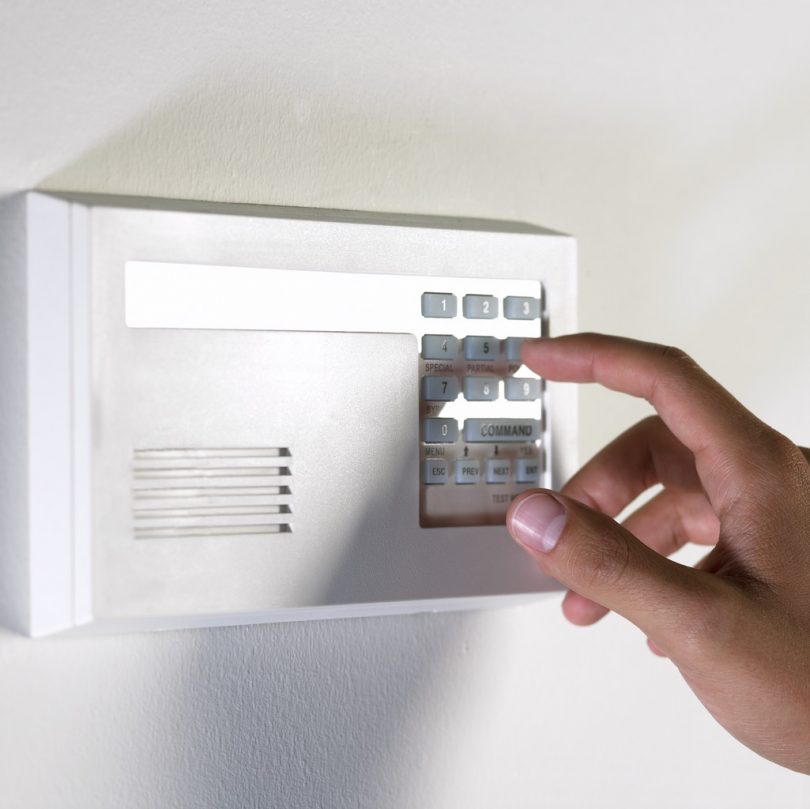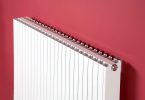There are basically two reasons why a homeowner needs to purchase an alarm system for their home – maintaining personal safety and protecting one’s investment. First and foremost, you have to make sure that you and your loved ones / housemates are physically safe, above all else. Secondly, there’s the fact that you likely have large sums tied up in your property purchase (and can’t always count on insurance companies to honor a claim should a worst-case scenario unfold). Of course after installing a few handy alarms, you should be good to go, but you still need to know how to choose the right alarm for your home. Here’s a helpful guide that will help you find a suitable alarm to stop burglars (including models designed to detect smoke and carbon monoxide as well)…
When it comes to alarms, you essentially have wired and wireless models that span a fairly wide budget range. Each type has its own distinct advantages and disadvantages, of course. For example, wired models tend to be pricier, yet won’t suffer from wave interference. On the other hand, wireless models are often cheaper and much easier to install, but can be unruly at times. If you have lots of valuables or need that extra bit of security, a wired home system is probably the best way to go, however.
Perhaps the most prudent thing one can or should do is to actually bring in a security specialist company for an honest evaluation and quote. Following this you’ll have a much better idea about what’s best for your circumstances and will be able to make a much more informed decision too. There’s also the notion of continuous and personal monitoring to consider. For instance, a lot of systems will include a remote monitoring program and/or the ability to perform this task yourself. Again, the decisions here will likely rest upon pricing factors more than anything else.
Moving on, we have smoke alarms, which are actually quite critical if you think about it. When choosing a specific unit, remember that they basically come in two flavors, if you will – photoelectric and ionization. Each one works well when it comes to fire detection on its own, but in truth, you’d probably be best served by simply installing one of each (or better yet, a unit which incorporates both technologies). Whether you’re talking about slow, somewhat slow-burning fires or quick, blazing infernos, having both types in your home will provide much more versatile protection over the long-term.
Lastly, there are alarms which are designed to detect the presence of carbon monoxide, which silently kills hundreds of people each year. In truth, most all of them are relatively useful or functional as long as we’re talking about stand-alone, single-function units. While you don’t tend to see very many (if any) combination alarms which cover carbon monoxide as well as smoke, it’s best to purchase them separately in any event.
Following this, it’s only a matter of strategically placing your alarms in the most rational places where they’ll be most effective. Check out www.sdfirealarms.co.uk for a variety of quality alarms including smoke alarms and carbon monoxide alarms. Again, you might want to bring in a consultant for professional advice, it’s definitely worth it if safety and security is important to you.







